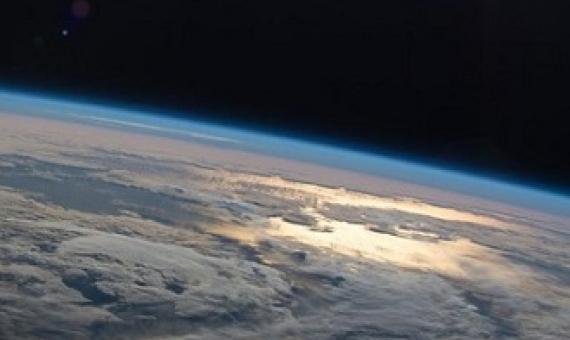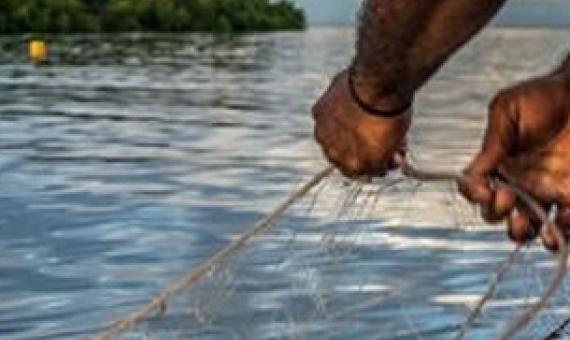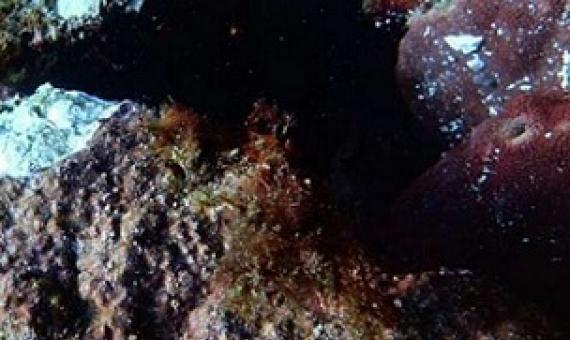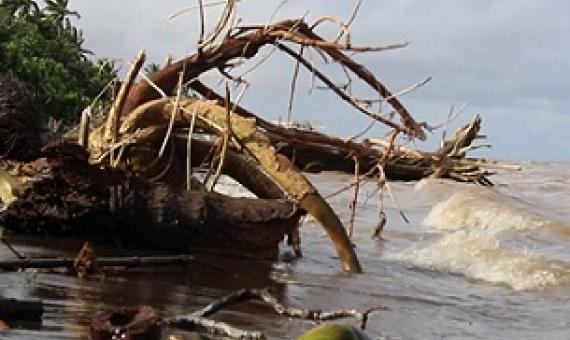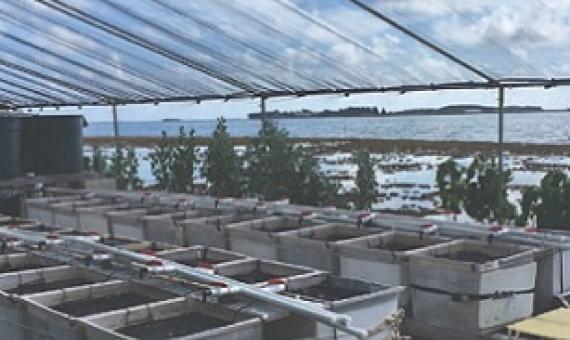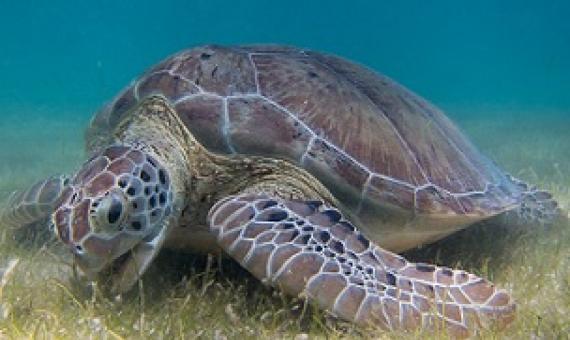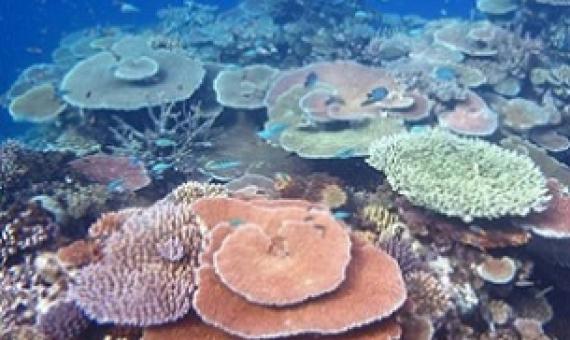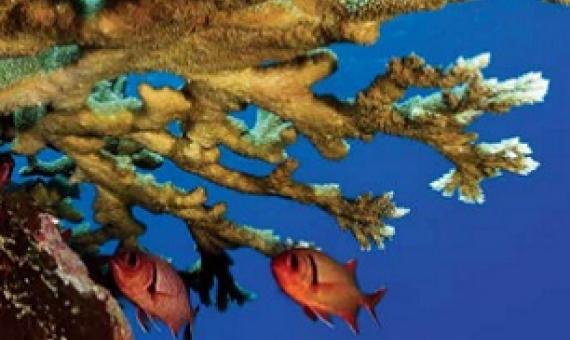We have crossed six of the nine boundaries within which human life on Earth will still be possible for future generations. That is not good news. Can the tide still be turned? The planetary boundaries were discussed on May 9 as part of the Leiden University Green Office's Sustainability Day.
Faster Ocean Warming Threatens Richest areas of Marine Biodiversity
The vulnerability of marine biodiversity to accelerated rates of climatic change is poorly understood. Call Number: [EL]Physical Description: 10 p.
Ocean acidification is a major concern related to climate change, with the oceans currently absorbing around a quarter of the carbon dioxide that is released into the atmosphere.
Increasing temperatures globally not only engenders global warming but gives rise to ocean acidification, destroying marine ecosystems. Fishermen across Fiji say coral bleaching is an issue being noticed in some fishing grounds, causing a decline in fish stock.
Scientists have long suspected that coralline algae are particularly sensitive to changes in ocean chemistry. Now, researchers have found that most species of coralline algae studied are negatively affected by ocean acidification.
Fiji will be highlighting the nexus between oceans and climate change at COP26, and its impact on vulnerable coastal communities.
New research led by scientists at the University of Hawai'i (UH) at Mānoa reveals that the species which dominate experimental coral reef communities shift due to climate change, but the total biodiversity does not decline under future ocean conditions of warming and acidification
Humanity is quickly crossing critical planetary boundaries that threaten sea turtle populations, their ecosystems and, ultimately, the “safe operating space” for human existence.
New research has shown that by injecting an alkalinizing agent into the ocean along the length of the Great Barrier Reef, it would be possible, at the present rate of anthropogenic carbon emissions, to offset ten years' worth of ocean acidification.
A National Marine Fisheries Service proposal to designate 230 square miles of critical habitat for seven threatened coral species in the Pacific Ocean is getting mixed reviews from environmental advocates due to an exemption for military training areas.

